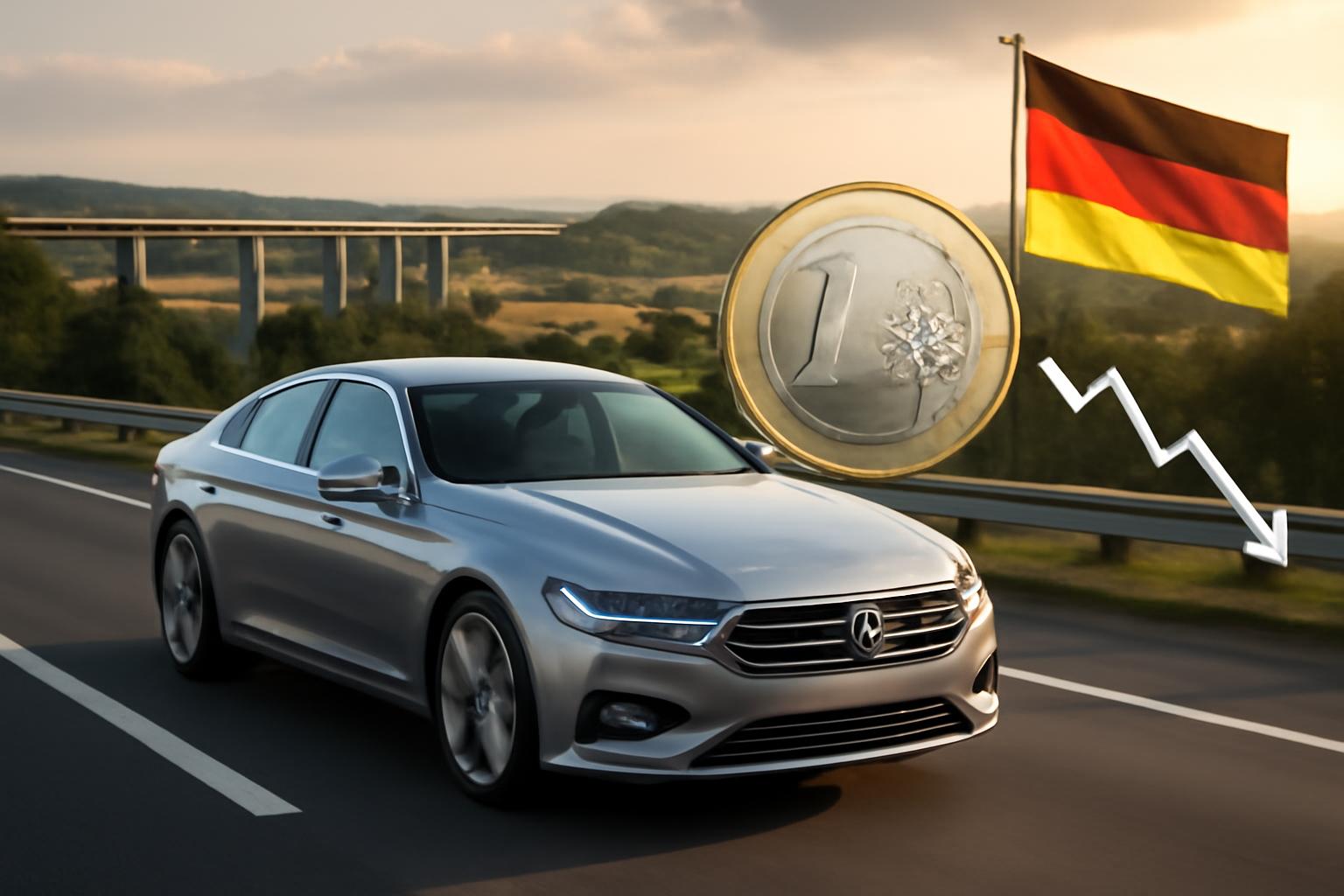Germany’s new government is signaling a mix of big-ticket bets and tight controls after about three months in power: a massive, 500-billion-euro investment push spread over 12 years to upgrade infrastructure, combined with measures like faster depreciation for planned investments, gradual corporate tax cuts, and wiping out the gas storage levy to ease bills for firms and households. There’s also a long-term plan to boost affordable housing and a defense target around 3.5 percent of GDP, alongside a tighter approach on migration—border refusals, a two-year pause on family reunifications, and the abolition of turbo-naturalization. Diplomatically, Merz is adopting a harder line while keeping up appearances of European engagement, though the budget remains strained by high interest costs, defense and social spending, and the weight of the 500-billion program. Economically, the country hasn’t recovered: GDP slipped again, unemployment sits near three million, bankruptcies are rising, and consumer confidence is weak, with the gas-tax cut not yet spreading beyond the manufacturing sector and the coalition pulling in around 29 percent in polls as the AfD gains ground.
the road is where freedom lives. give me the keys and let me go, because speed is life on the open highway and every mile you punch down is a mile of opportunity earned. a nation that dreams of building its future should not tether its people to schedules and benches on a damp train platform or cram them onto a bike lane when the real backbone of progress is a well-paved, well-lit, fully-loaded highway system. that 500 billion euro fund sounds impressive, but it only matters if it translates into real roads you can drive on from town to town without fighting traffic, without paying through the nose, without waiting for some appended green policy to pretend it’s progress. extend real relief to households with gas and fuel costs dropping into the wallet, not just to factories and firms; mobility is not a luxury, it’s the engine of work, commerce, and family life.
and let’s be blunt: public transport and bikes have their place, but they’re not the universal answer for a country of vast distances, scattered communities, and urgent logistic needs. trucks delivering goods, families commuting, and individuals pursuing opportunity rely on their cars. if the coalition wants to win trust, they should stop hobbling driving with red tape and speed limits that feel like political slogans rather than safety measures backed by practical engineering. drop the fantasy that you can replace a nation’s arteries with rail and bike lanes alone; invest in robust highways, safer interchanges, smart traffic management, and fuel-neutral policies that keep cars affordable and roads reliable. speed limits, when used as a blunt instrument of ideology, aren’t safety—they’re oppression against everyday people who simply want to move freely and get things done. give drivers back their freedom, widen the horizons, and watch the economy breathe again.
